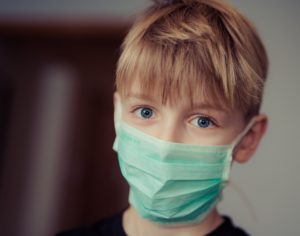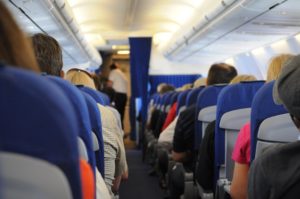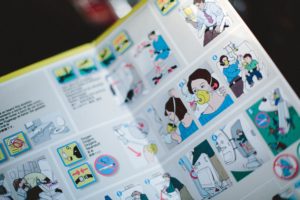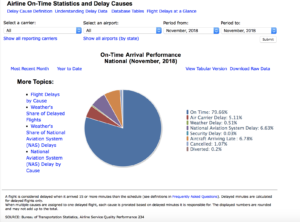Passengers are a hot topic to flight attendants:
Here’s a public service announcement: flight attendants talk to each other! If something is happening with you the passenger – whether it’s a medical condition, bad behavior, your birthday or alcohol consumption – every flight attendant is aware of the situation. Yep that means we all know where you’re sitting hot guy in 17C.
The “Stale” Air Isn’t Stale
As a germaphobe, I understand the apprehension that comes along with breathing the “recycled” air on airplanes. However, did you know that the air on airplanes is more fresh than in most buildings? Airplane air is recycled, however fresh air is also pumped in. So on average, plane passengers are getting new air every 2-3 minutes. You’re more likely to get sick from touching the seats, seatbelts and tray table. So, feel free to leave the surgical masks at home, unless you are the one coughing up a lung. In that case, please wear as many masks as you like and don’t touch me. Thanks
If you’re the average flyer, then delays probably aren’t your most favorite part of traveling. However most delays are either related to safety or well, YOU the passenger. That’s right. Many times, if a delay isn’t weather or safety related, it can be an end result trickle effect that is directly related to previous passengers. Medical issues, waiting on passengers who may misconnect, or dealing with an unruly passenger are examples of passenger related delays. Once a delay starts, it usually compounds and sticks the later evening flights with even longer delays (which is one reason I enjoy working in the morning!). That being said the airline industry is still doing a pretty decent job with on-time performances.
Flight attendants love delays – NOT:
Many people are unaware that when flight attendants aren’t flying, we’re not really getting paid. Unless we are on an aircraft with the door shut, flight attendants only make a per diem. Basically we’re getting paid that of waiter in a restaurant minus the tips. Additionally, sometimes we are late, but it’s not our fault. When we are working a delayed flight, it delays our future flights. This means that we both may miss our child’s soccer game.
Flying is still the safest:
Although there have been multiple extremely unfortunate accidents with airlines as of late, flying is still the safest mode of transportation with the odds of 1 in 11 million chances of being in a plane crash. U.S. carriers have a higher track record for safety versus many other countries. If flying gives you anxiety, I would suggest that you do some research on the airline before you book your next flight and be sure to order a glass of wine onboard.
Sources:
Bureau of Transportation Statistics. (2018, 11). OST_R | Title from h2. Retrieved March 10, 2019, from https://www.transtats.bts.gov/OT_Delay/OT_DelayCause1.asp?pn=1
Fear of Flying. (2019, March 10). plane crash statistics – fear of flying. Retrieved March 10, 2019, from http://www.fearofflyinganxiety.com/plane-crash-statistics/
Peterson, B. S. (2010, January 13). Airplane air: not as bad as you think. Retrieved from http://www.nbcnews.com/id/34708785/ns/travel-travel_tips/t/airplane-air-not-bad-you-think/#.XIV0Vy2ZN-U


Please I want to know if it is hard to become a flight attendant and what are the restrictions (weight, height, children, spouse etc)
Chidimma,
The restriction depends on the country the airline is in. For most US carriers, you need to be weight and height proportionate so that you can reach overhead bins, fit/sit safely on the flight attendant jump seat, and evacuate through any emergency exits expeditiously. Many flight attendants have spouses, partners and children so that’s not a reason for not getting hired. I did a post on this website about becoming a flight attendant. It’s located on the flight life page. You should check it out and let me know if you have more questions.